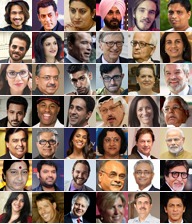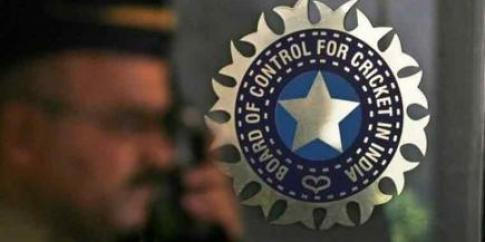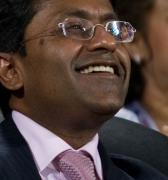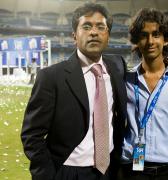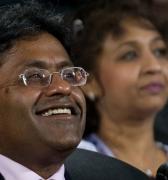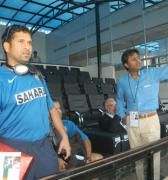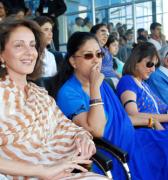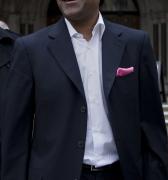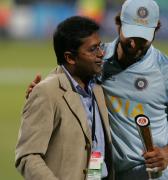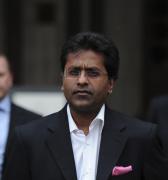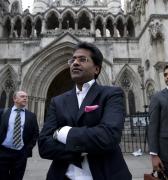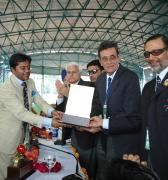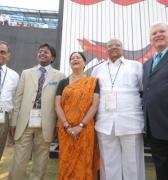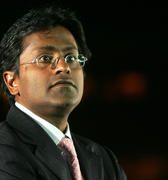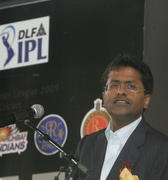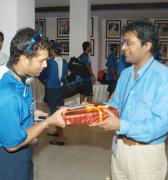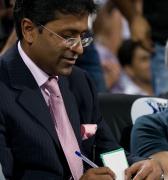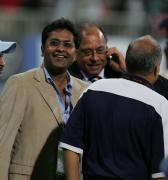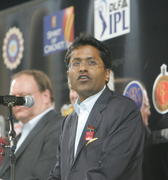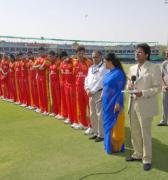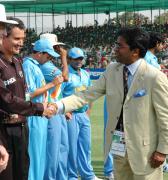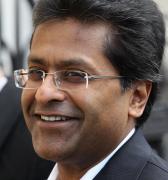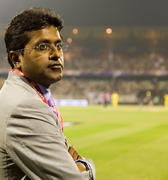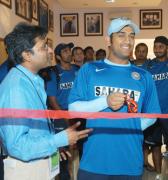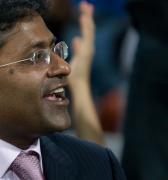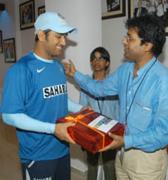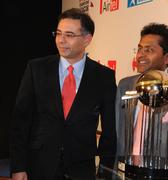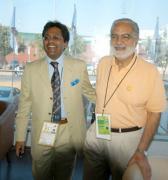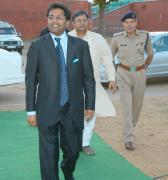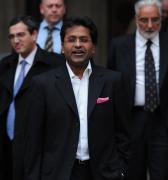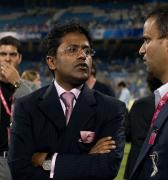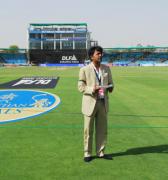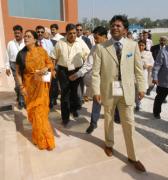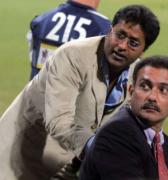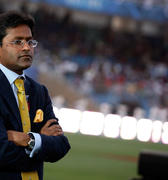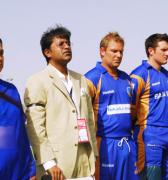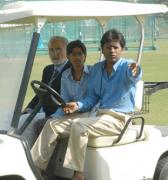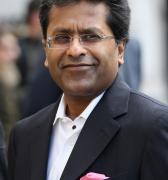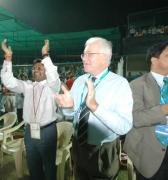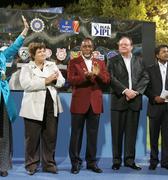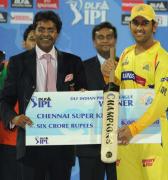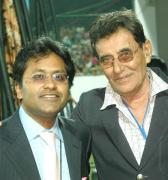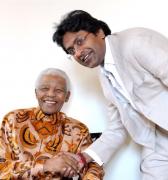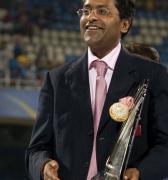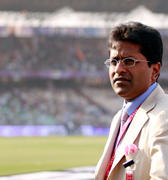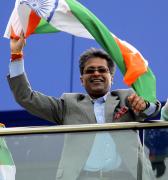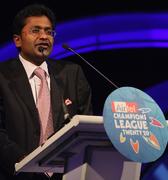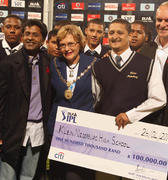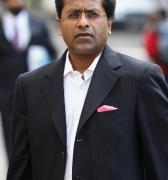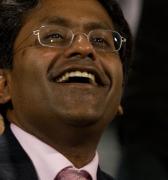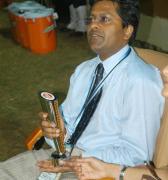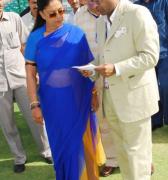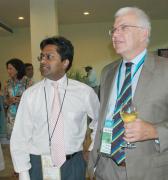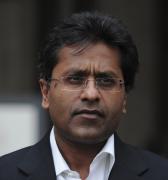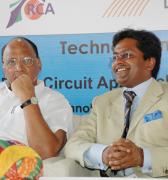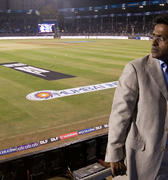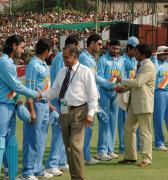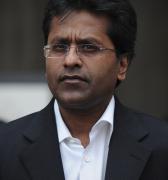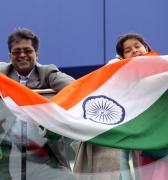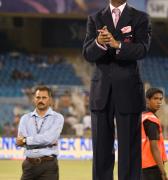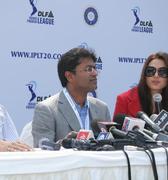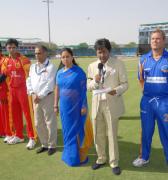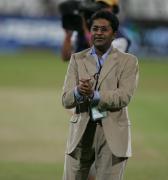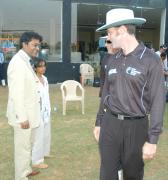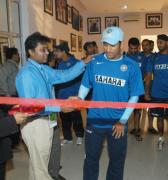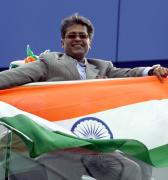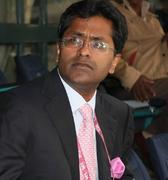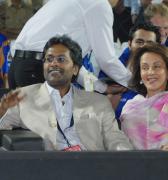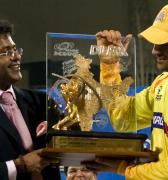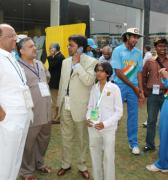Real story behind BCCI's hefty salaries
Friday 18 August 2017
Real story behind BCCI's hefty salaries
Picture of overspending by officials is hiding BCCI’s financial wrongdoings
The Board of Control for Cricket in India (BCCI) is in the news these days for the lavish overspending of its own office-bearers. With the matter coming up for hearing before the Supreme Court on Friday, a picture has been portrayed that it is because of the high spending of these so-called "honorary BCCI officials" that cricket money is being diverted to keep them in good humour.
The real picture, however, is different.
DNA has learnt that this is being done to keep the focus away from the losses the BCCI incurred due to its faulty planning and also the inability of Supreme Court-appointed Committee of Administrators (CoA) to implement the Justice Lodha reforms.
For example, no hue and cry was made when BCCI made a loss of nearly Rs 190 crore for hosting the 2016 ICC World T20 in India. This mega tournament was held across various Indian cities in March and April when Shashank Manohar was in charge of BCCI as well as the International Cricket Council (ICC).
In fact, this matter was apparently also raised by CoA during its last meeting with BCCI officials recently in Delhi.
The answer to how the BCCI managed to incur losses in an otherwise hugely profitable ICC tournament leads to two glaring facts.
One, BCCI was made to pay huge Service Tax to the tune of Rs 150 crore to the government. Two, it was under Manohar's reign that Rs 40 lakh was paid to all the host venues in the name of security.
In India, every state police charges variable amount for providing security in and around stadiums. In this aspect, Maharashtra is the most expensive, which generally costs BCCI about Rs 40 lakh, while the charges in other states vary from Rs 7 to Rs 10 lakh.
Thus, when the BCCI decided to pay Rs 40 lakh per match to every venue, it was without the consent of the ICC. The world governing body hence refused to reimburse this "venue fee" for unmentioned reasons.
Coming back to the expenses part, many former and current office-bearers which DNA has spoken to are upset that even the Supreme Court-appointed CoA is indulging in selective leaks to defame the current set of officials.
On Thursday, CoA published full expenditures of the BCCI office-bearers in its fifth status report, where acting secretary Amitabh Choudhary and treasurer Aniruddh Chaudhry's expenses touched Rs 1.56 crore and Rs 1.71 crore, respectively.
Are these expenses incurred by them illegal? The answer is no.
This money has been distributed amongst every office-bearer over all these years and it has been duly approved in the annual general meeting and working committee meeting of the Board. And no one, from Jagmohan Dalmiya to Manohar to Sharad Pawar to now even CoA, has ever tried to alter this practice.
Being a rich organisation, BCCI has always paid exorbitant allowances to its office-bearers as well as staff.
One such example is that of BCCI CEO Rahul Johri. Having been appointed for the role 14 months ago in June 2016, Johri has spent close to Rs 70 lakh only on travel.
Johri's daily allowance when out of country is $500 per day, and that is apart from all the other expenses taken care of by the Board.
Over these 14 months, Johri has approximately had 125 days of foreign tours (on account of ICC and other important BCCI-related events). And thus, an amount of nearly Rs 41 lakh ($500 per day) has been remitted to him in this period.
While travelling, Johri is put up in the best of the hotels around the world for at least 80 days during the period (after excluding his travel days). This newspaper doesn't have the exact figures but going by the room rent which the BCCI pays for any of the top office-bearer's overseas tours, Rs 20,000 could well be a safe figure. That, in turn, swells Johri's expenses by Rs 16 lakh.
When Johri travelled within India, his local Dearness Allowance (DA) along with miscellaneous expenses cost an additional Rs 38 lakh during the last 14 months.
Similar is the case of Chief Financial Officer Santosh Rangnekar, whose travel has also cost BCCI a whopping Rs 40 lakh approximately in the past one year.
Interestingly, all these expenses are over and above Johri's hefty annual salary of Rs 5 crore, which has now risen to another 15 per cent after the recent appraisal.
What's more, this also does not include the house rent allowance of Rs 5 lakh per month which he gets for his flat in Mumbai.
The Board of Control for Cricket in India (BCCI) is in the news these days for the lavish overspending of its own office-bearers. With the matter coming up for hearing before the Supreme Court on Friday, a picture has been portrayed that it is because of the high spending of these so-called "honorary BCCI officials" that cricket money is being diverted to keep them in good humour.The real picture, however, is different.
DNA has learnt that this is being done to keep the focus away from the losses the BCCI incurred due to its faulty planning and also the inability of Supreme Court-appointed Committee of Administrators (CoA) to implement the Justice Lodha reforms.
For example, no hue and cry was made when BCCI made a loss of nearly Rs 190 crore for hosting the 2016 ICC World T20 in India. This mega tournament was held across various Indian cities in March and April when Shashank Manohar was in charge of BCCI as well as the International Cricket Council (ICC).
In fact, this matter was apparently also raised by CoA during its last meeting with BCCI officials recently in Delhi.
The answer to how the BCCI managed to incur losses in an otherwise hugely profitable ICC tournament leads to two glaring facts.
One, BCCI was made to pay huge Service Tax to the tune of Rs 150 crore to the government. Two, it was under Manohar's reign that Rs 40 lakh was paid to all the host venues in the name of security.
In India, every state police charges variable amount for providing security in and around stadiums. In this aspect, Maharashtra is the most expensive, which generally costs BCCI about Rs 40 lakh, while the charges in other states vary from Rs 7 to Rs 10 lakh.
Thus, when the BCCI decided to pay Rs 40 lakh per match to every venue, it was without the consent of the ICC. The world governing body hence refused to reimburse this "venue fee" for unmentioned reasons.
Coming back to the expenses part, many former and current office-bearers which DNA has spoken to are upset that even the Supreme Court-appointed CoA is indulging in selective leaks to defame the current set of officials.
On Thursday, CoA published full expenditures of the BCCI office-bearers in its fifth status report, where acting secretary Amitabh Choudhary and treasurer Aniruddh Chaudhry's expenses touched Rs 1.56 crore and Rs 1.71 crore, respectively.
Are these expenses incurred by them illegal? The answer is no.
This money has been distributed amongst every office-bearer over all these years and it has been duly approved in the annual general meeting and working committee meeting of the Board. And no one, from Jagmohan Dalmiya to Manohar to Sharad Pawar to now even CoA, has ever tried to alter this practice.
Being a rich organisation, BCCI has always paid exorbitant allowances to its office-bearers as well as staff.
One such example is that of BCCI CEO Rahul Johri. Having been appointed for the role 14 months ago in June 2016, Johri has spent close to Rs 70 lakh only on travel.
Johri's daily allowance when out of country is $500 per day, and that is apart from all the other expenses taken care of by the Board.
Over these 14 months, Johri has approximately had 125 days of foreign tours (on account of ICC and other important BCCI-related events). And thus, an amount of nearly Rs 41 lakh ($500 per day) has been remitted to him in this period.
While travelling, Johri is put up in the best of the hotels around the world for at least 80 days during the period (after excluding his travel days). This newspaper doesn't have the exact figures but going by the room rent which the BCCI pays for any of the top office-bearer's overseas tours, Rs 20,000 could well be a safe figure. That, in turn, swells Johri's expenses by Rs 16 lakh.
When Johri travelled within India, his local Dearness Allowance (DA) along with miscellaneous expenses cost an additional Rs 38 lakh during the last 14 months.
Similar is the case of Chief Financial Officer Santosh Rangnekar, whose travel has also cost BCCI a whopping Rs 40 lakh approximately in the past one year.
Interestingly, all these expenses are over and above Johri's hefty annual salary of Rs 5 crore, which has now risen to another 15 per cent after the recent appraisal.
What's more, this also does not include the house rent allowance of Rs 5 lakh per month which he gets for his flat in Mumbai.
(Courtesy: Daily News Analysis)

ICC lacks strong leadership in current times: ex-CEO Lorgat
The former ICC boss said barring Khawaja's peace slogans on shoes showed ICC lacked consistency in applying its rules
Waugh warns cricket boards for ignoring Test cricket
Australia Great Warns ICC, BCCI Over 'Irrelevant Legacy'



